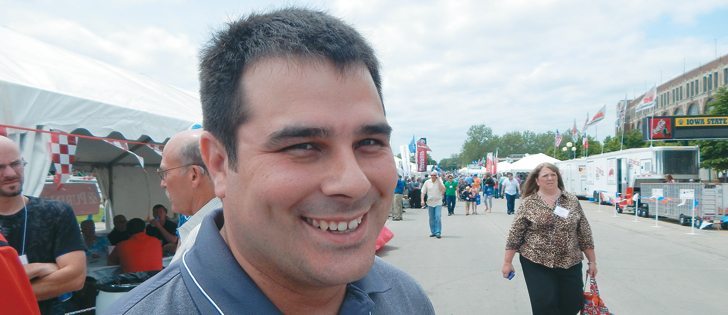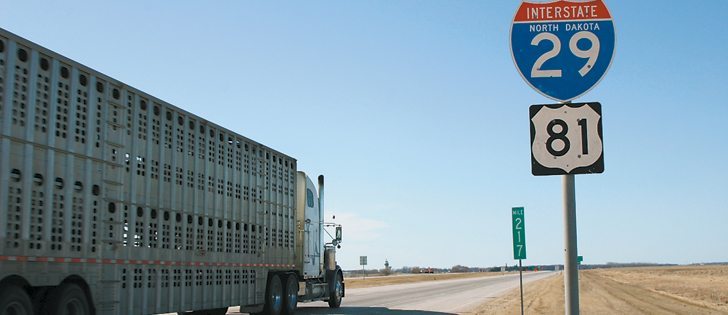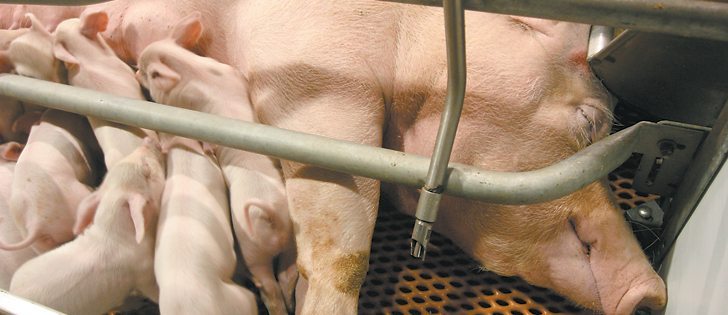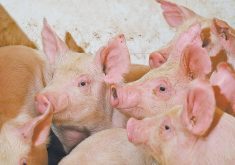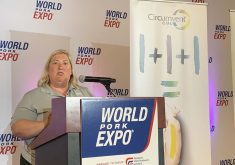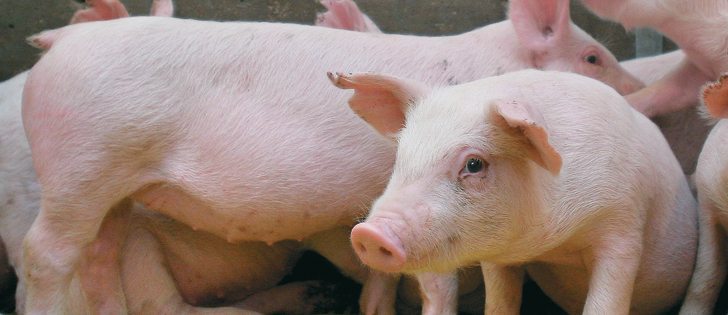High standards for biosecurity | Kyle Favel says all of his trucks are washed twice, treated with a heated drying system and tested
DES MOINES, Iowa — Meet the guy who’s doing everything right: Kyle Favel.
And it’s not him saying that.
Porcine epidemic diarrhea virus experts told their audiences at the recent World Pork Expo that truckers who haul breeding stock and sows should wash, disinfect and dry their trailers between every load.
That’s what happens at Favel’s trucking company in Moose Jaw, Sask.
Favel said he makes sure trucks are washed somewhere else before entering his wash bay. As well, the company uses a heated drying system and tests each trailer to ensure the virus hasn’t survived the process.
Read Also
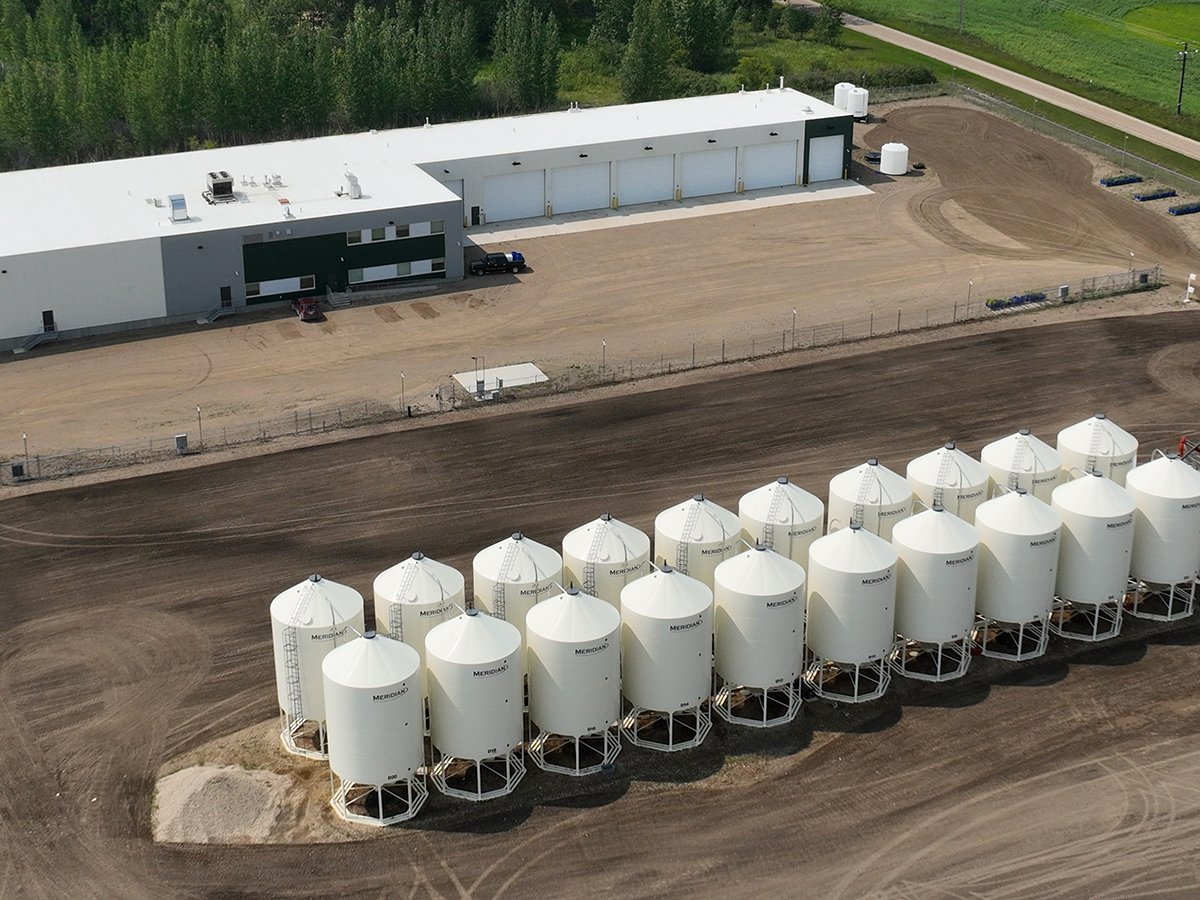
Saskatchewan firm aims to fix soil with compost pellets
In his business, Humaterra, Leon Pratchler is helping farmers maximize yields in the weakest areas of their fields through the use of a compost pellet.
“Every measure we’re taking today, we’re keeping PED away (from the Canadian Prairies), said Favel.
“Let’s face it, biosecurity’s a pain in the (butt), but we’re also keeping bad things away.”
Favel drove one of his trucks and trailers from Moose Jaw with a load of hogs, delivered it, had it cleaned in Iowa and then sealed it and put it on display at the Pork Expo to celebrate his company’s 10th anniversary.
He didn’t put it there to highlight the quality of the truck wash he received in Iowa, admitting that the few tiny pieces of straw and biological matter he could see in the trailer after the wash drove him crazy.
He will run the truck and trailer through his own cleaning, disinfecting and drying facility once he returns to Moose Jaw.
Favel’s trucking company, which hauls hogs, cattle and grain, has 34 truck-trailers but only 25 drivers because he has to let his hog trailers dry for days after cleaning while waiting for the test results.
However, it is important that he reassure his clients he is looking after their best interests and is not going to take PED to their barns.
“Whatever their vet wants” is what his company tries to provide.
The third-party truck wash costs his customers about $300 and another $350 to go through Favel’s own wash, disinfection, drying, inspection and testing process.
Six of the company’s trucks are segregated for hauling breeding stock from high-health companies, and one of them recently tested positive for low signs of PED, for the first time.
“We went and washed it and put it on cattle,” said Favel.
It won’t be used again for hauling hogs.
Dealing with PED and the hog industry’s biosecurity requirements isn’t easy, but Favel said he’s happy with his decision to stick to hauling nothing but agricultural products. There’s huge demand in Saskatchewan for hauling oil, but “it’s not my passion.
He has encouraged other truckers to boost their cleaning efforts because while following high-health standards may be complicated and costly, letting PED loose in the prairie hog industry would be a lot worse.
“Come on guys, this is cheap,” he said.


